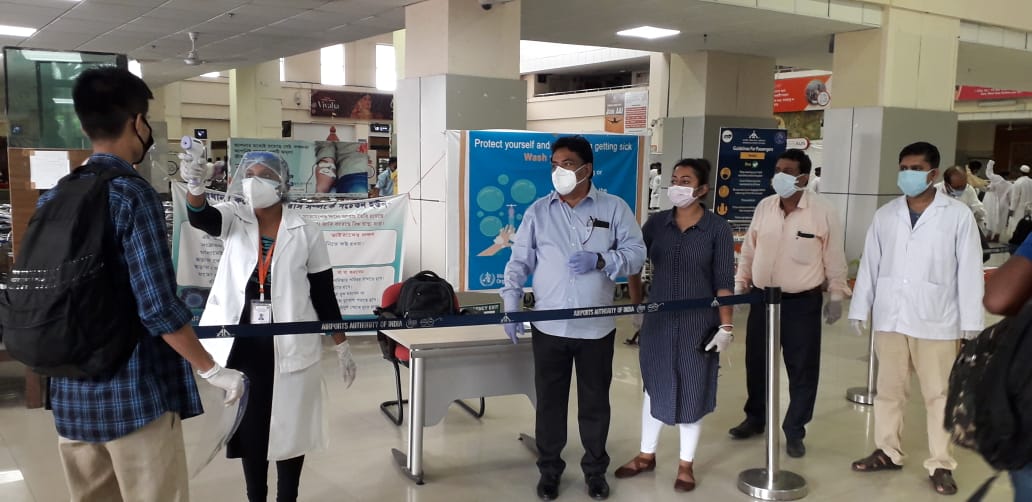A transcontinental study found that the South Asian region has done well in mounting an appropriate response and has shown a notably lower rate of deaths due to COVID-19 despite a low level of pandemic preparedness.
In a paper titled 'Pandemic Preparedness and Response to COVID-19 in South Asian Countries' authored by researchers from the Indian Institute of Public Health, the Sustainable Development and Climate Change Department of Philippines, and the Emory University School of Medicine, USA, it said, "There was a low level of pandemic preparedness in the South Asian region, despite that the region has a lower rate and proportion of deaths attributed to COVID-19, despite case surges similar to the rest of the world."
The paper was published last week in the International Journal of Infectious Diseases. Comprising eight countries – Afghanistan, Bangladesh, Bhutan, India, Maldives, Nepal, Pakistan, and Sri Lanka – the South Asian region is home to one-fifth of the world’s population, accounts for 21% of the total reported COVID-19 cases and 11% of deaths worldwide, noted the study.
Initial projections had placed South Asia at a higher risk of suffering more fatalities because of the high population density, greater burden of comorbidities, socioeconomic vulnerabilities and poor healthcare infrastructure.
The study found that factors such as a younger population (average age of 25), arrival of COVID-19 pandemic later than in other countries, early lockdowns and some level of general immunity, lack of prompt reporting of fatalities which may have resulted in an underestimation of deaths, may have helped India and other South Asian countries keep the mortality rate down, compared to other countries.
The study also says that COVID-19 has revealed the vulnerabilities of the health system as a whole in the region.
"South Asian nations do not have robust national plans, guidelines, or laws that account for the surveillance and control of multiple zoonotic pathogens of public health concern. Antibiotics are easily available in most of these nations without prescription and can contribute to antimicrobial resistance," Dr Giridhara Babu, senior epidemiologist and one of the authors of the study, said.
The paper also talks about the economic damage, and its spillover impact on the health of people in these countries.



